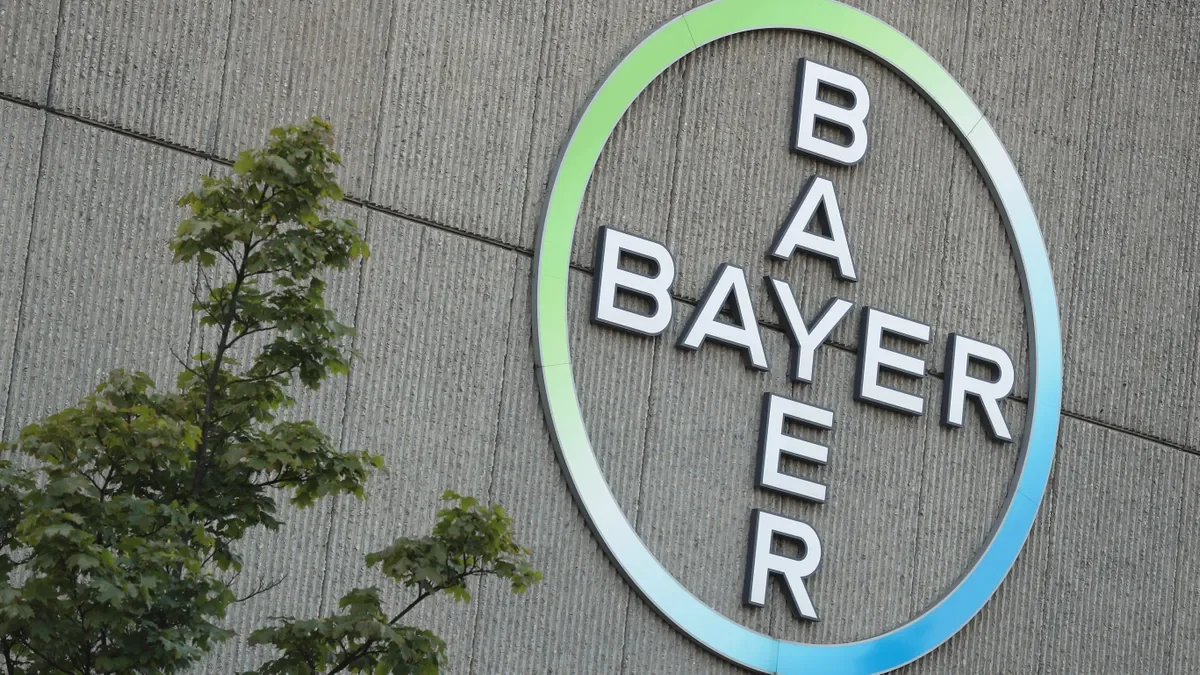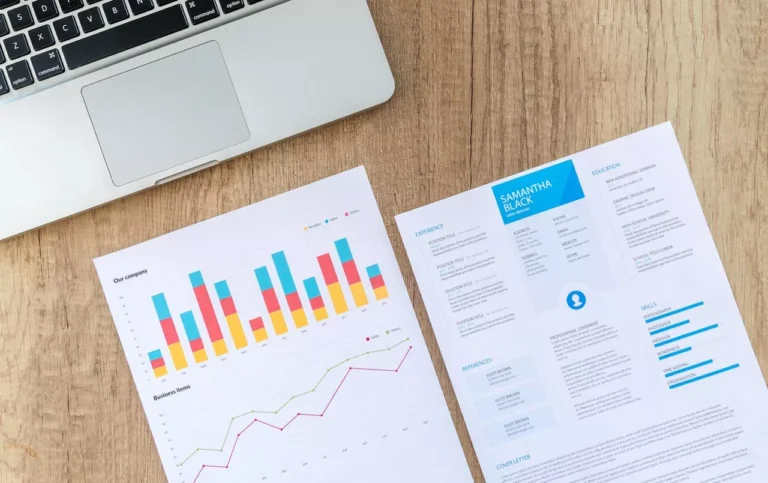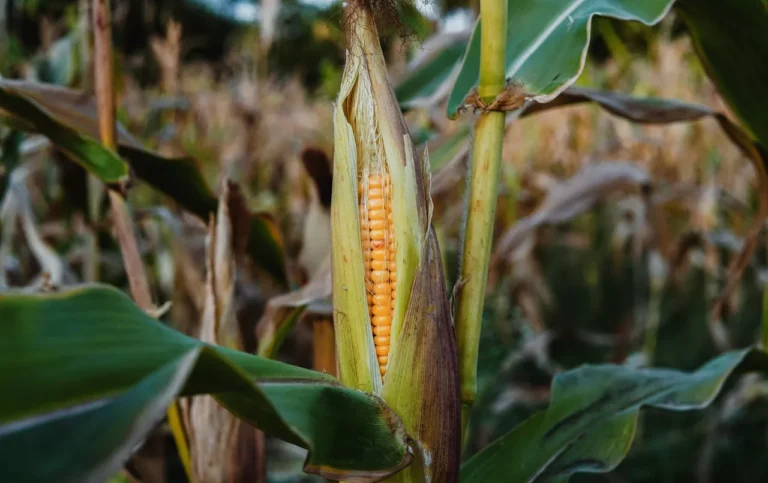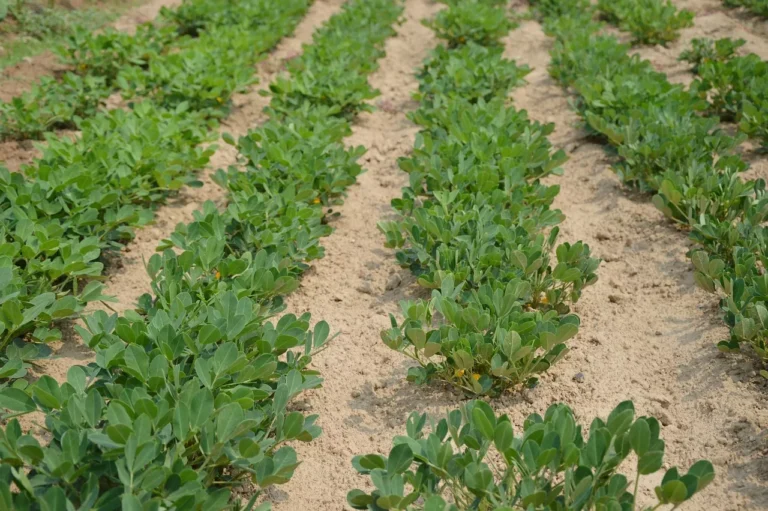
Bayer has unveiled a new phase in its efforts to support carbon sequestration and emission reduction programs within the food value chain. The initiative, known as Project Enhanced S3, aims to provide companies with comprehensive tools to measure and report sustainability benefits derived from regenerative agriculture practices. These include improvements in soil health, water efficiency, biodiversity, and economic support for farmers.
The project builds on Bayer’s commitment to regenerative agriculture, focusing on reducing Scope 3 emissions—indirect emissions generated across a company’s value chain. Through Project Enhanced S3, Bayer seeks to enable companies to quantify and document the broader environmental and social benefits of carbon projects within their agricultural supply chains.
Driving Sustainability with Regenerative Agriculture
Bayer Ecosystem Services, a dedicated unit focused on sustainability solutions for companies with science-based climate targets, leads the development of Project Enhanced S3. This initiative leverages data collected through the Bayer Carbon Program, which works with farmers to implement practices like no-till farming, strip-till, cover cropping, and reduced nitrogen use. These practices are proven to sequester carbon and reduce greenhouse gas emissions.
Traditionally, the data gathered from farmers has been used to evaluate the impact of these interventions on carbon levels. However, Bayer recognizes that the same data can also highlight additional benefits, such as improved soil health and enhanced biodiversity. Project Enhanced S3 aims to utilize these insights without imposing extra administrative burdens on farmers.
Enhancing Data Accessibility and Reporting
To streamline the process for businesses, Bayer is developing a portal as part of Project Enhanced S3. This digital platform will allow companies to access actionable insights and track the added value of their carbon initiatives. By integrating digital farming tools like ForGround by Bayer and Climate FieldViewTM, the project ensures that sustainability leaders can assess, validate, and report on their climate investments effectively.
“By leveraging digital farming tools and deep agronomic expertise, Bayer’s Project Enhanced S3 is uniquely positioned to support the food and beverage industry in driving more impact,” said Leonardo Bastos, Senior Vice President of Ecosystem Services at Bayer Crop Science. “This is yet another way we’re able to measure and quantify the comprehensive benefits for farmers working to reduce global carbon emissions and bringing it to scale with our global reach, local presence, and strong relationships.”
Aligning Business and Sustainability Goals
Project Enhanced S3 offers businesses an opportunity to advance their sustainability strategies while supporting farmers and the broader environment. By participating, companies can contribute to their climate goals and foster positive change across the food supply chain.
Bayer’s suite of solutions combines agronomic expertise, scientific innovation, and digital technology to provide businesses with actionable data and tools. These resources will help companies not only demonstrate progress but also build confidence in their sustainability initiatives among stakeholders.
Limited Participation Opportunities
Bayer is now inviting a select number of business customers and sustainability leaders to join Project Enhanced S3. Participation provides businesses with a pathway to reduce Scope 3 emissions while simultaneously supporting regenerative agriculture and sustainability solutions across the food value chain.
“By participating, businesses can not only support their own climate goals, but also help drive sustainability solutions across the food supply chain through regenerative agriculture,” Bastos emphasized.
A Step Forward in Regenerative Agriculture
Project Enhanced S3 represents Bayer’s commitment to advancing regenerative agriculture as a means of addressing global climate challenges. By expanding the focus beyond carbon sequestration to include co-benefits like biodiversity and soil health, Bayer is positioning itself as a leader in sustainable farming solutions.
The initiative highlights the potential for collaboration between businesses, farmers, and sustainability experts to drive meaningful change. With its cutting-edge tools and global reach, Bayer aims to scale regenerative practices and empower companies to make measurable progress in their sustainability journeys.
Businesses interested in aligning their sustainability goals with Project Enhanced S3 can explore this unique opportunity to help shape the future of agriculture while meeting their environmental objectives.





